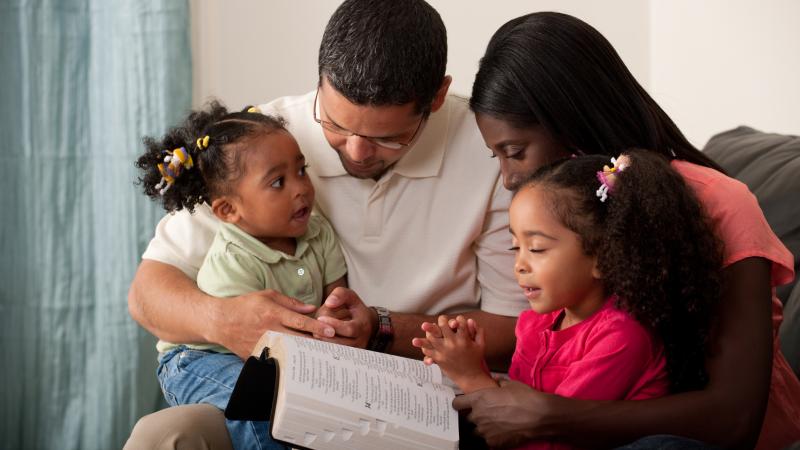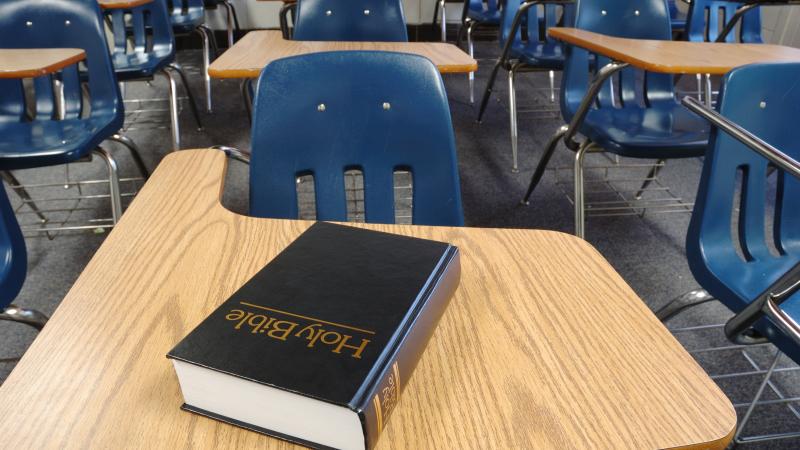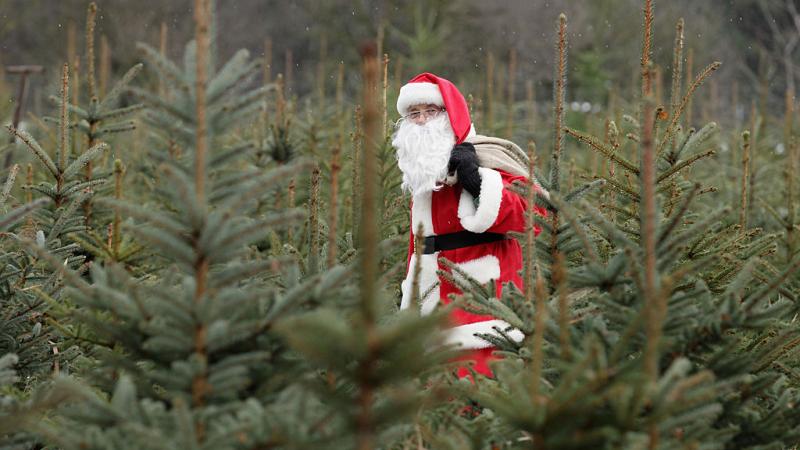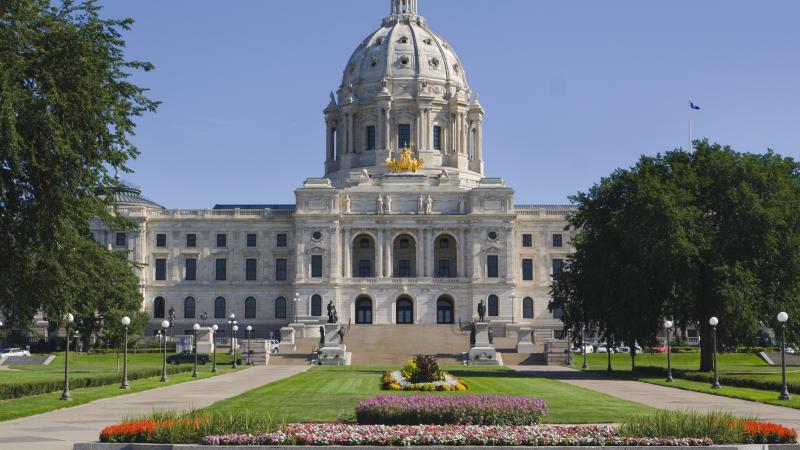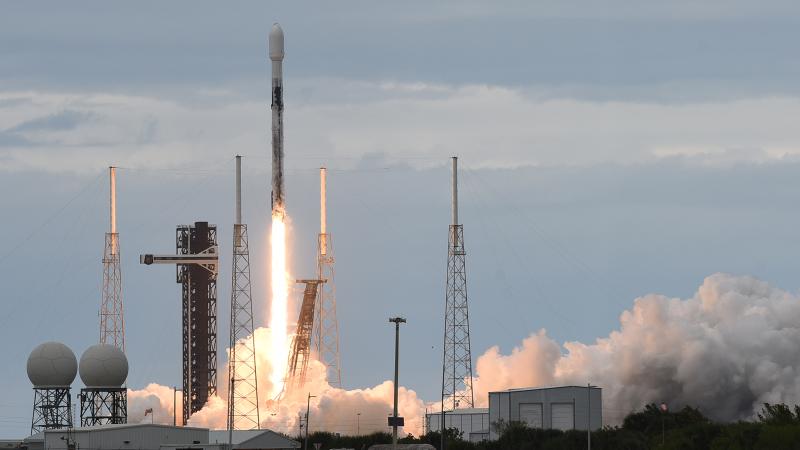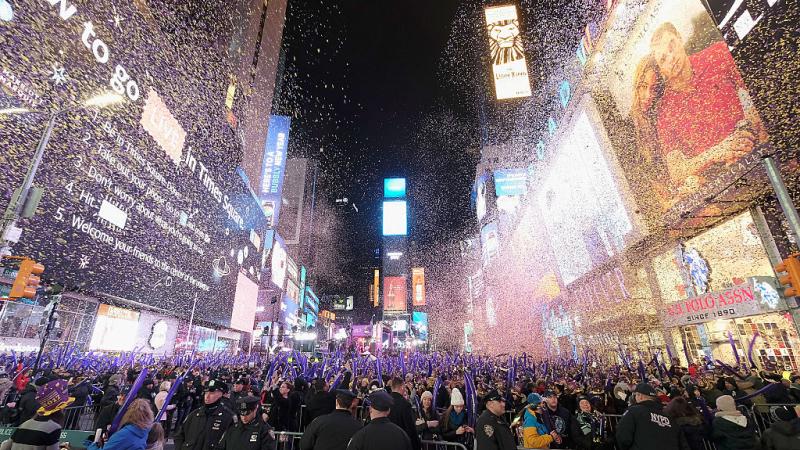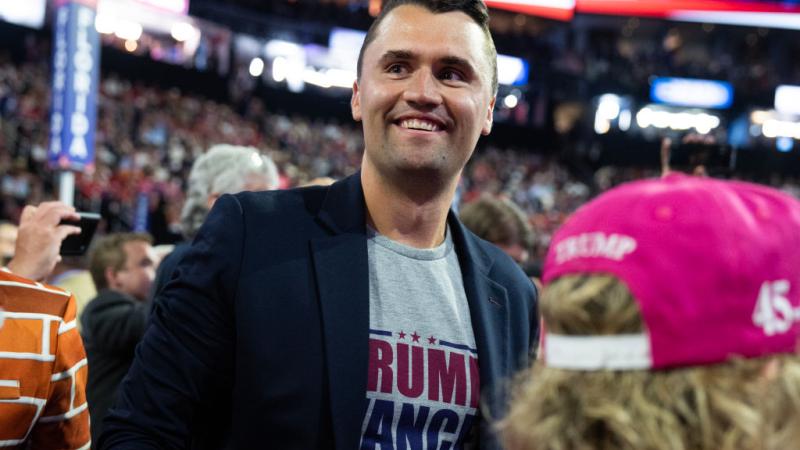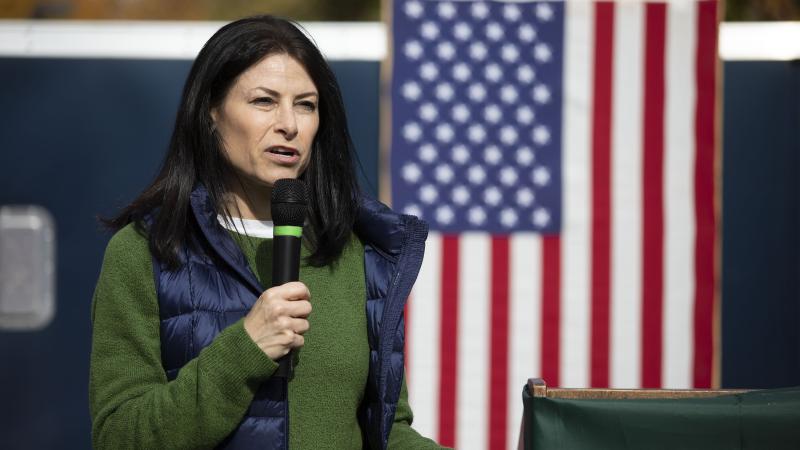Catholic diocese of Brooklyn asks Supreme Court to pause Cuomo's New York coronavirus restrictions
Prior to the death of Justice Ginsburg, the court ruled against two similar cases brought during the pandemic
The Catholic Diocese of Brooklyn has asked the Supreme Court to block New York's coronavirus restrictions placed on houses of worship.
The diocese is arguing that the order, signed by Democratic Gov. Andrew Cuomo in early October, unfairly targets religious institutions.
The diocese wrote in its filing that the order "expressly singles out 'houses of worship' by that name for adverse treatment relative to secular businesses, and does so in a way that is not narrowly tailored to any compelling government interest, in direct violation of the First Amendment's Free Exercise Clause."
The diocese is appealing the order in lower courts, but has asked the Supreme Court to intervene in the meanwhile.
During the coronavirus pandemic, the high court has a handful of similar cases from religious groups around the country. However, the 5-4 rulings on those cases came before the death of reliably liberal justice Ruth Bader Ginsburg in September.
In the case of a California church challenging the orders of Democratic Gov. Gavin Newsom, Chief Justice John Roberts wrote that public health matters should be dealt with by the political branches of government.
Associate Justice Brett Kavanaugh, who was joined in his opinion by Justices Clarence Thomas and Neil Gorsuch, wrote, "The Church and its congregants simply want to be treated equally to comparable secular businesses."
The diocese notes, in its court filing, that secular businesses have been allowed to remain open under different sets of rules than houses of worship. "In 'orange' zones, even the vast majority of nonessential businesses, including department stores, can remain open without limitation -- yet churches cannot," wrote the church.
Cuomo has also come under fire for a series of comments and specific actions he has taken against some members of New York's Orthodox Jew communities.
The filing was submitted to Supreme Court Justice Stephen Breyer, who oversees emergency appeals from New York. The case will likely be considered by the full court, which has not issued a ruling since the late October appointment of Justice Amy Coney Barrett, who will likely be a reliably conservative vote.

